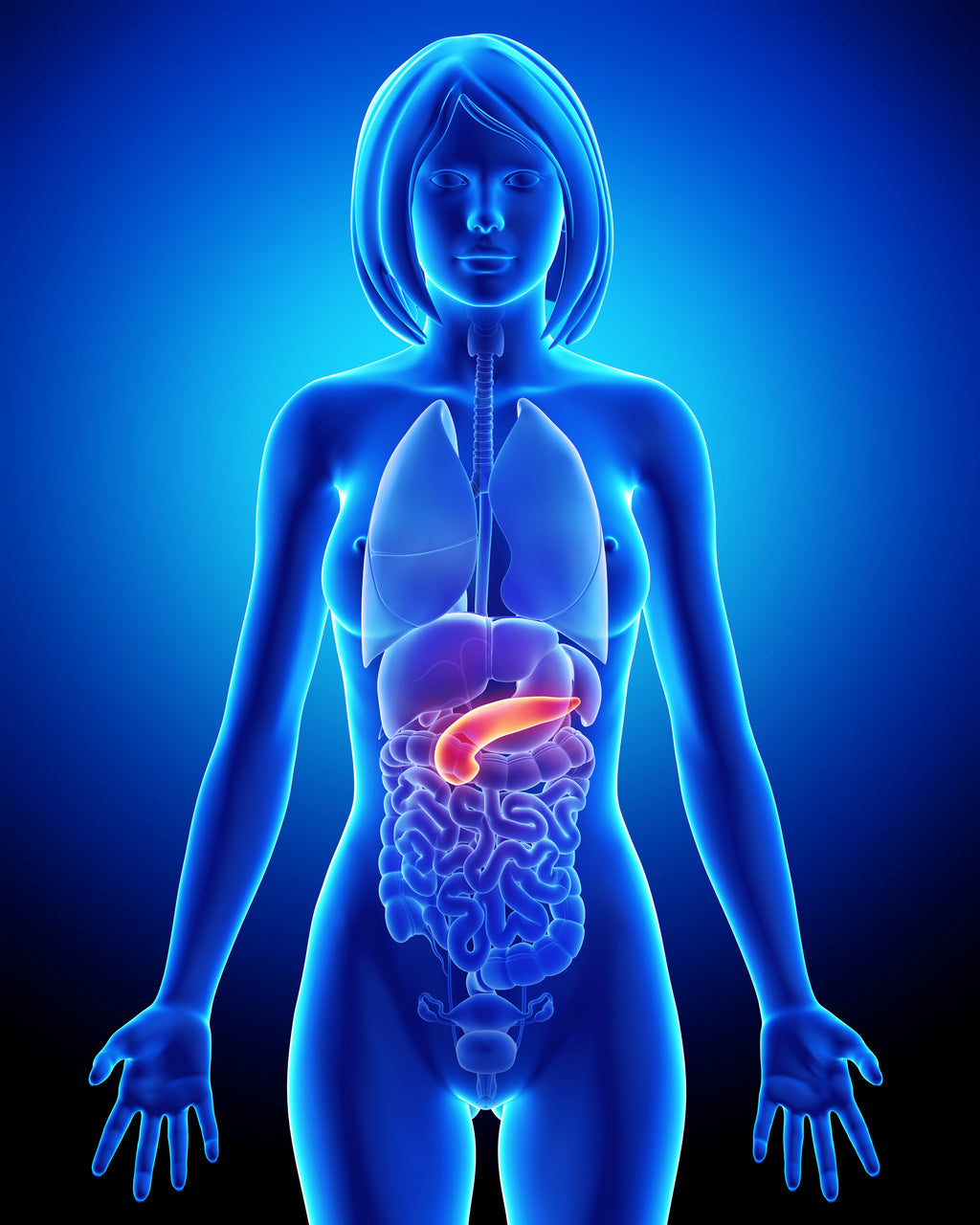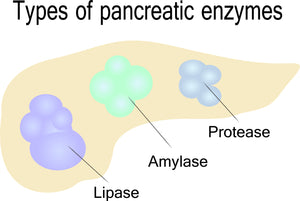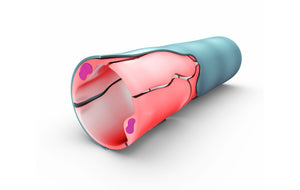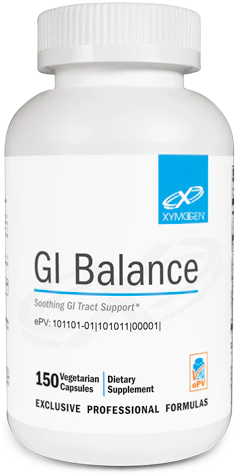Digestion Problems? Look to the Pancreas as Well

Having problems digesting? Do some foods pass right through you? Do you have loose stools or conversely are constipated? Feel bloated or have gut cramps? Feel weak, listless, or out of energy? These symptoms could all potentially point to a problem with digestion or absorption. The digestive system is complex, and there can be many reasons for problems with the digestive system. Sometimes the rough process of breaking food down is intact in the gut, but the extraction of nutrients has been compromised. Sometimes the gut is plagued by allergies or sensitivities that cause digestive and absorptive issues and risk progressing to autoimmune conditions. While the evolution of these digestive disturbances can happen because of the foods we eat (or don’t), lack of exercise, the condition of our immune system, blood sugar levels, and genetics, an often overlooked factor is the state of the pancreas.
The pancreas serves a vital role in digestion and absorption of nutrients by secreting enzymes that break down sugars, fats, and starches, and proteins. Without enough of the various enzymes produced by the pancreas, the body isn’t able to absorb enough protein, necessary fats, and nutrients, and is less able to effectively regulate blood sugar levels. The American diet is replete with starches, sugars, fats, and protein. Many people eat a meat heavy, fat heavy diet supplemented with quantities of processed foods- which are filled with starches and sugars. Americans consume more sugar than virtually any other people. Our diet means we risk overloading our pancreas’s ability to adequately supply the digestive system with the enzymes it needs to process these foods. You don’t have to have a malfunctioning pancreas to have pancreatic insufficiency- you may simply be overloading it with your diet. When the pancreas can’t break down the components of the diet it should, not only do you not absorb the nutrients you need, and risk uncontrolled blood sugar, you also leave some foods unbroken down as they pass through the digestive system. The passage of these foods through your system unprocessed risks your body identifying them as allergens, or at least becoming sensitive to them, which can contribute to inflammation and leaky gut because of the loosening of the tight junctions in the intestinal walls. This can put you on the path to further gut issues, chronic inflammation throughout the body, and possibly an autoimmune disease.
The pancreas doesn’t just produce one universal enzyme that accomplishes all that it does, but a number of enzymes that all have different functions. Protease is a pancreatic enzyme responsible for breaking down protein in the gut. Too little protease, or possibly too much protein can result in the body identifying unprocessed protein as an allergen. Lipase is a pancreatic enzyme that works the bile produced by the gallbladder to break down fats in the body. Without enough lipase, or possibly with too much fat, your body won’t be able to absorb the fat necessary to help protein be utilized effectively, and to absorb the various vitamins that are fat soluble- vitamins A, D, E and K, These vitamins are essential for immune function, bone health, energy levels, and organ health among other things. Amylase, another pancreatic enzyme, is responsible for breaking down starches into simple sugars, which your body uses for energy. Starches that aren’t broken down may also invoke allergic reactions, contribute to leaky gut, and show up in the short term as diarrhea. Since the pancreas is also where insulin is produced, any pancreatic problems may translate as a double whammy with blood sugar levels and promote diabetes.
Various lifestyle choices like smoking cigarettes, excessive alcohol consumption, a diet high in fats, sugars and proteins and low in fiber can all contribute to pancreatic insufficiency. This can either be because the pancreas itself is damaged, or that it produces insufficient enzymes to process the foods you eat, extract the nutrients, and regulate sugars and starches. If these symptoms exist for you, or it’s confirmed that you have pancreatic insufficiency, it will most likely be recommended that you stop smoking, decrease your alcohol consumption, change your diet, and undergo enzyme replacement therapy. Before you get to the point of flat out pancreatic damage or severe insufficiency, you can take action yourself without professional intervention. Try cutting back on smoking and alcohol. Be evaluated for allergies. Change your diet to cut out as many processed foods as you can and minimize saturated fats, carbs and sugar. Don’t overload on protein and eat in moderation. Consider doing some moderate enzyme replacement and supplement with botanicals that may stimulate the production of pancreatic enzymes. If you prefer to go a straight vegan route with your supplements, there are pancreatic enzymes in capsules that use no animal products. Studies have found that both animal derived and plant derived pancreatic replacement enzymes in supplement form can make a difference in treating the effects of pancreatic insufficiency: “enzyme supplementation therapy may play an important role in several digestive and malabsorption disorders, such as EPI and lactose intolerance. Currently, the animal-derived enzymes represent an established standard of care, however the growing study of plant-based and microbe-derived enzymes offers great promise in the advancement of digestive enzyme therapy.” (Ianero, et al, Current Drug Metabolism, 2016).
As more people hear the message about focusing on your digestive health through diet, supplementation, probiotics and in general being conscious of the microbiome, let’s not forget to treat our pancreas right as well. Consider adding pancreatic enzymes to your gut treatment regimen if you have any gut symptoms that could reflect pancreatic function.
- Tags: Article Gastrointestinal
- Robert Thomas







Comments 0